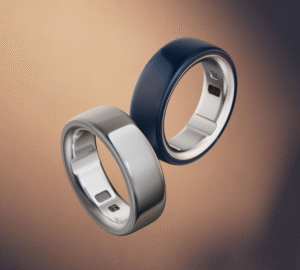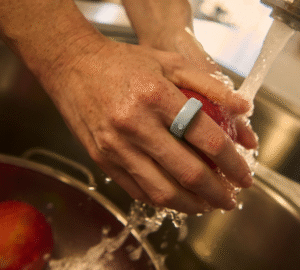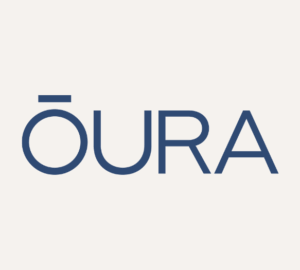Sean, Sudha, and Henry are a family of three currently living in Redwood City, CA. They are part of the subgroup in the Oura community of families where each member is an Oura member, and they sat down with us to talk about their individual Oura experiences and how Oura brings them closer together as a family.
—
Sean & Oura
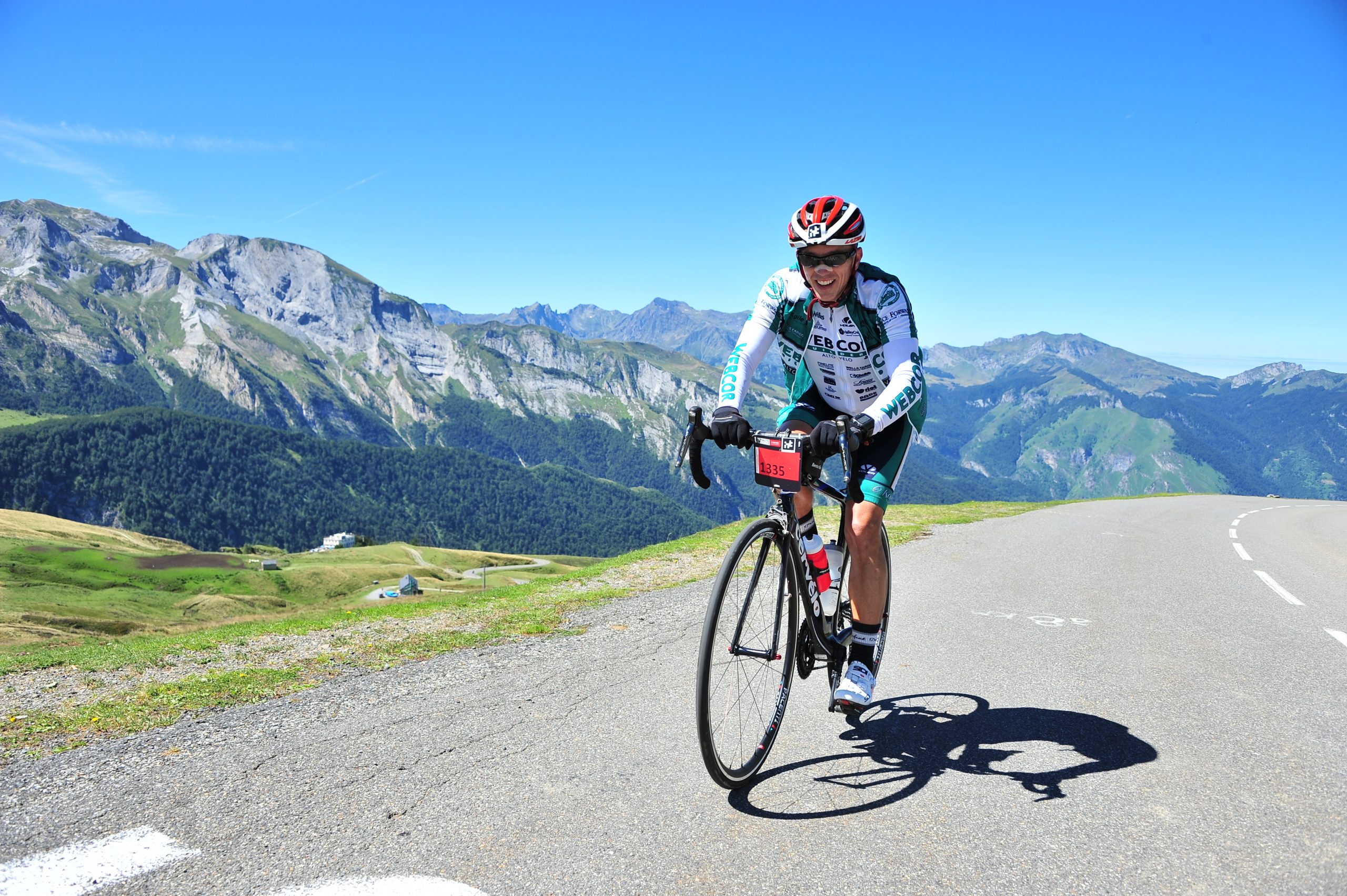
In his spare time, Sean is also highly active and enjoys a good workout, but can often get into a flow state and overwork his body. That tendency to overtrain is why he made the switch to Oura.
“I’m really using Oura to make sure I don’t over-exercise. I started off using a different device around two years ago but struggled with the charging and the lack of temperature.
Then I moved to using Oura a year ago mainly for Recovery purposes. I tend to think I’m younger than I am and train hard, so understanding my recovery is important. I’ve had some food allergies too, so it helps me know where I am with inflammation and other reactions.”
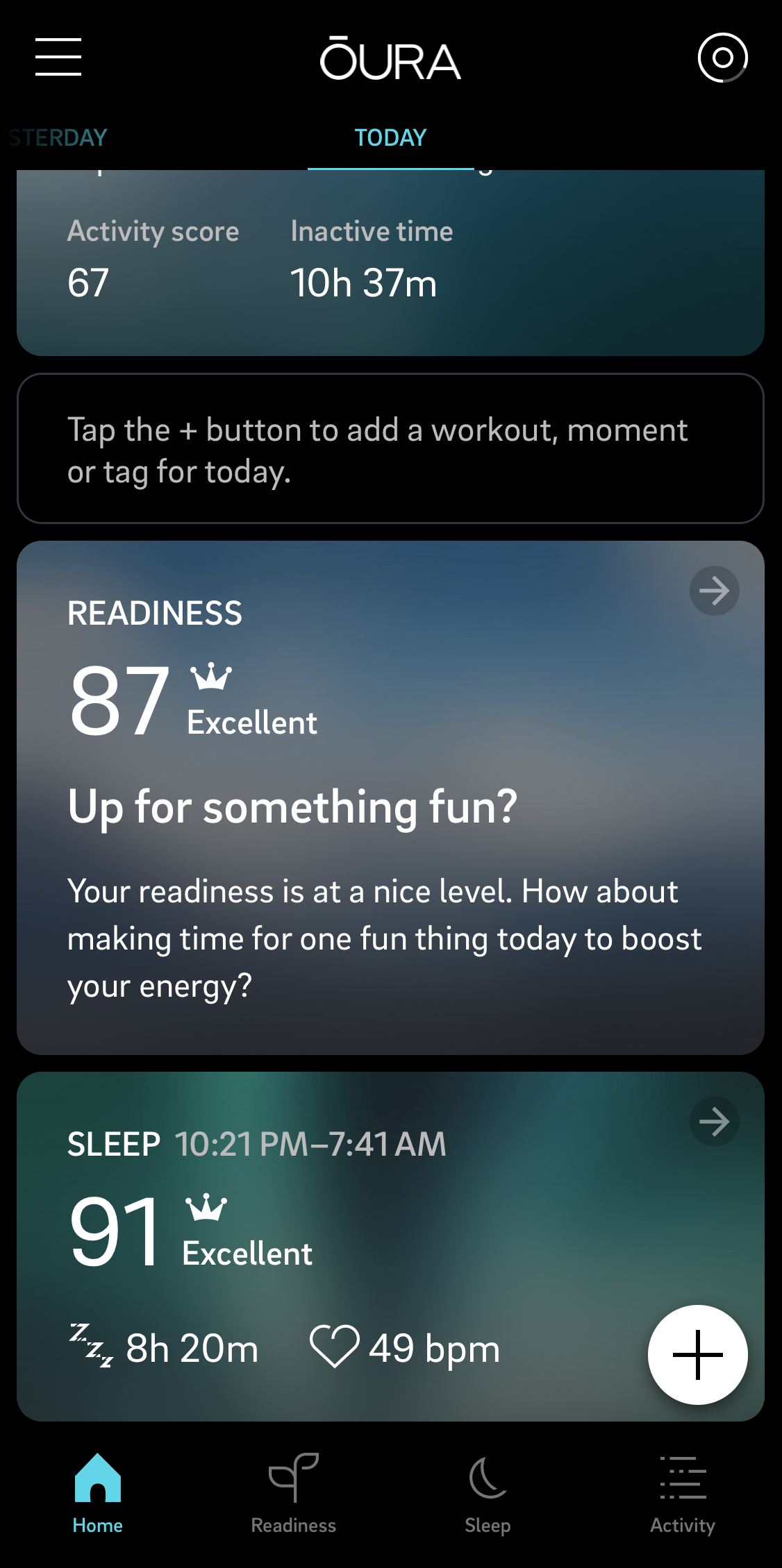
Sudha & Oura
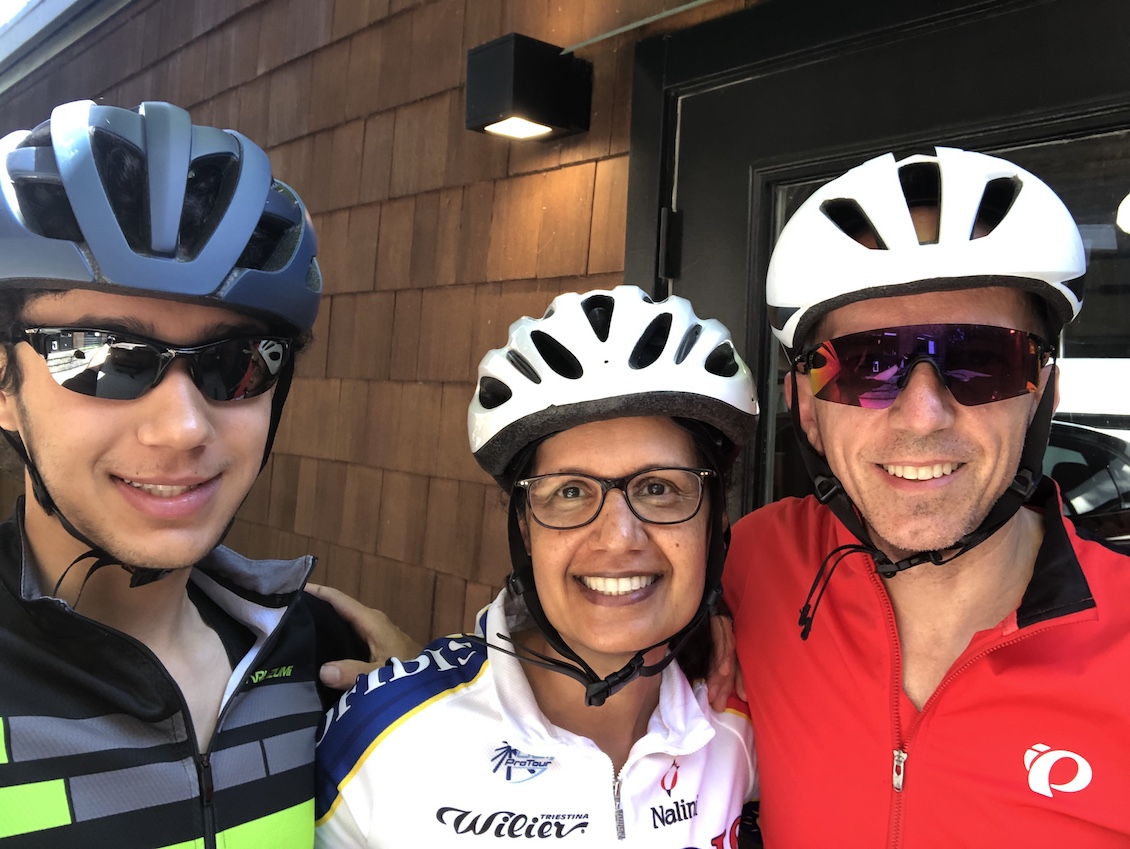
Sudha leverages Oura’s data in a slightly different way. Rather than pushing herself in the gym or on the bike, she turns to Oura to monitor her sleep and recovery trying to live an overall healthier life.
Sudha trades large activity bursts for a more steady activity load of tasks, hobbies, and other daily movements while learning what works for her body to optimize her days.
“I do like yoga, and fitness running or bicycling, but I also have many hobbies that keep me active like gardening. But, where it’s really helped is with my routines and mental clarity. For example, I’d really like to have maybe a brownie before bed, but I remember when I’ve eaten close to bedtime, my sleep numbers took a hit. So, there’s very much a behavioral change that comes with having Oura.
Also, I’m basically paid for being a good critical thinker, and I realized when my Oura numbers are really good, I’m functioning well. The kind of work that I have to do needs to be done with a rested mind, and I never really thought about that, so the fact that I consistently have this feedback helps a lot.”
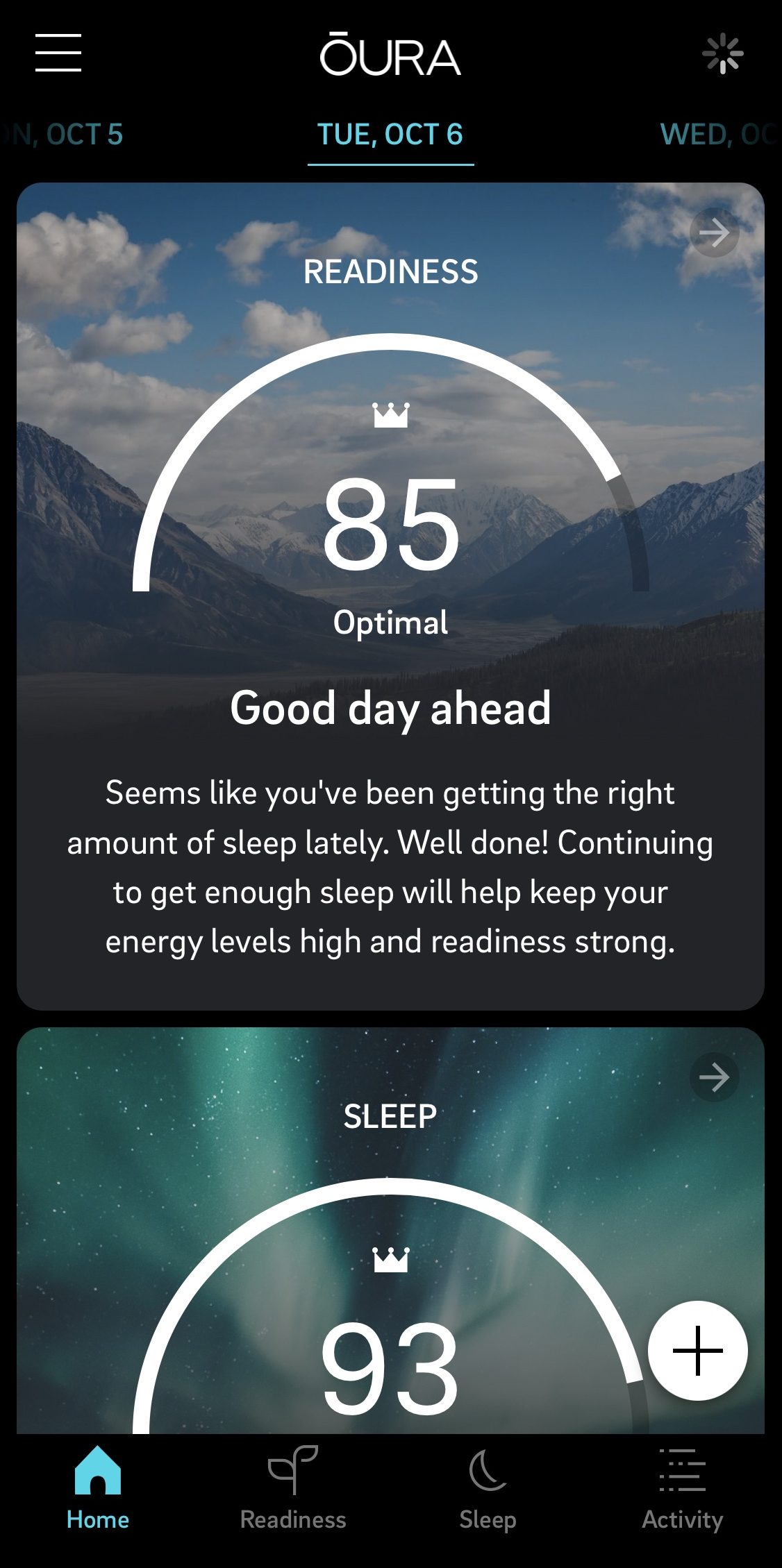
Henry & Oura
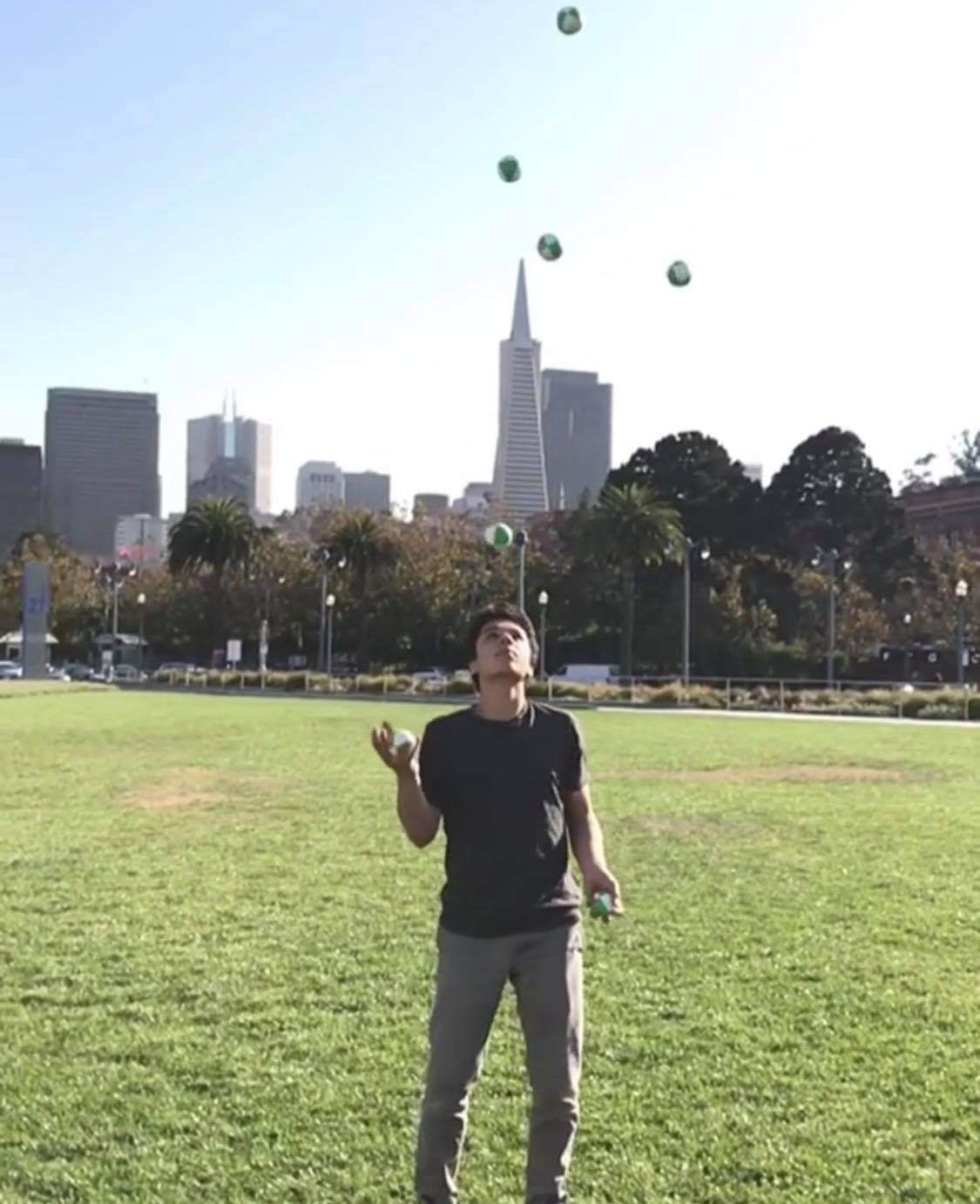
Henry is the youngest member of the family, and he uses his Oura Ring and youth to maintain a highly active lifestyle, doing everything from intense running to long bike rides. And, like his father, Oura has really made a difference in ensuring he stays on top of his recovery.
“I love biking, running, staying active any way I can, but I also get the worst sleep in the family, which you’d expect from a college student. But, I still recover, and I can see that in my Oura stats. When I wake up to a good score, I know I can do more that day.
I’ll also monitor my stats in the app and if it says I still need more activity to reach my goal, I’ll head out and walk around the block until I reach the number.”
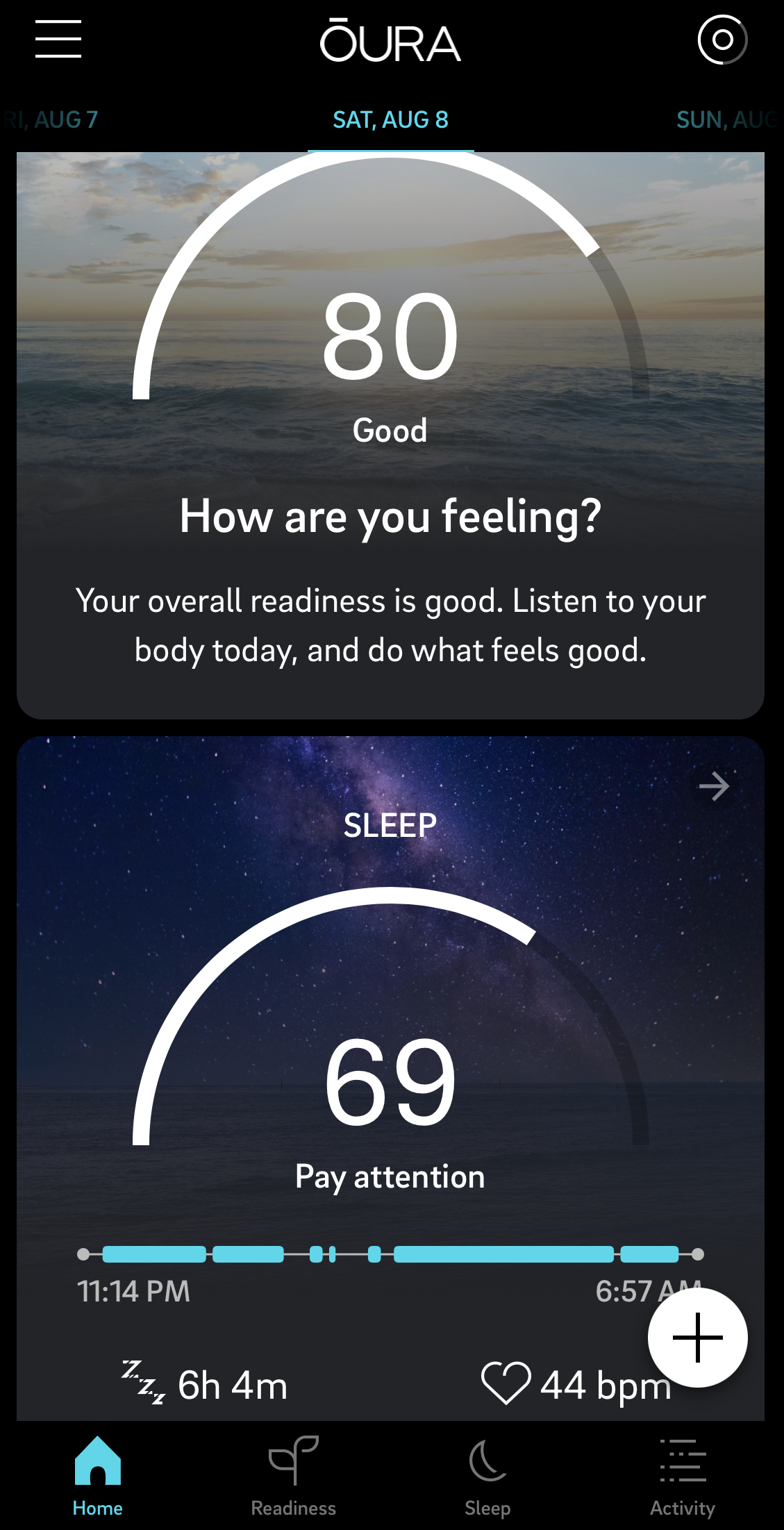
The Family & Oura
Though Sean, Sudha, and Henry use Oura in their own unique ways, it plays a key role in bringing them closer together as a family.
“It’s really fun because now that we all have an Oura Ring we wake up every morning and instantly compare numbers. So, we have this new language around health and recovery that brings us together at the beginning of each day.” Sean says.
“Also,” Sudha adds, “Henry and I have gone on a lot of walks together around our neighborhood after looking at our Oura data. So it’s definitely brought us together. We walk the dog if we need to get to our activity goal or if we have good signs of recovery. So I guess the dog appreciates Oura as well.”
The family’s collective use of Oura has also stimulated a healthy competition that keeps the family tight-knit.
According to Sean, “Henry and I started cycling and running together and have a little competition going using our Oura numbers. But, with Oura, the competition goes beyond steps, calories, or miles, it also adds a recovery layer. Henry may beat me up the hill, but I then try to beat him on recovery. We have a joke about me having handicaps because I’m in my 50s, so it doesn’t make sense for me to actually keep up with him.”
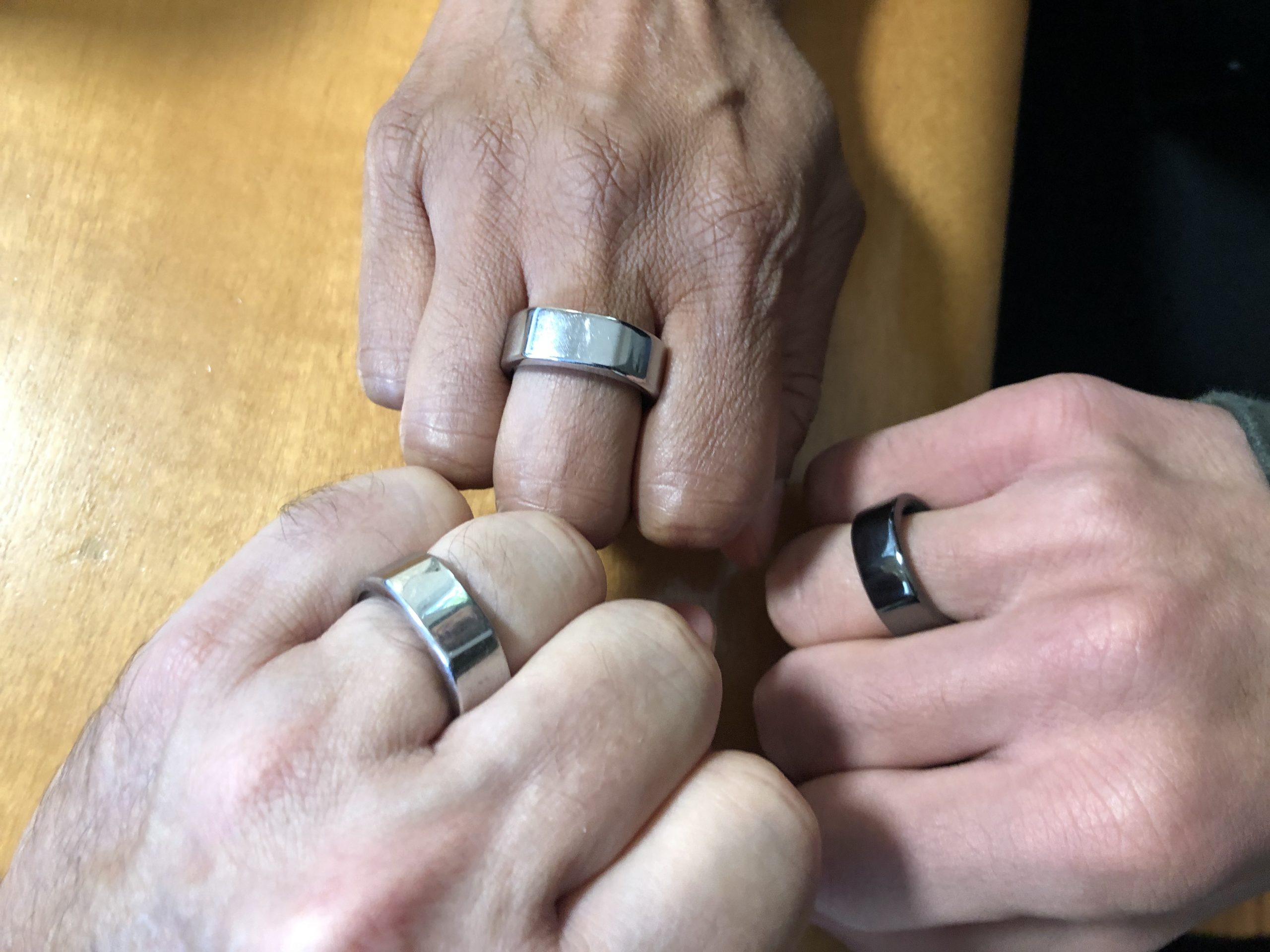
This “new language” that they developed using Oura has also brought a level of mutual understanding and empathy that would have been difficult to develop otherwise.
Sudha says, “I think it does change the family dialogue and how we interact with each other on a pretty profound level. I mean it’s pretty cool when you know someone isn’t just saying they don’t feel great. With Oura, you can see when and why someone isn’t feeling their best. Like when Sean was going through a thing where he had really low numbers recently, Henry and I were able to empathize and just be super supportive.
So being able to collectively use Oura has been really cool, and it’s brought a level of connection we hadn’t had before.”
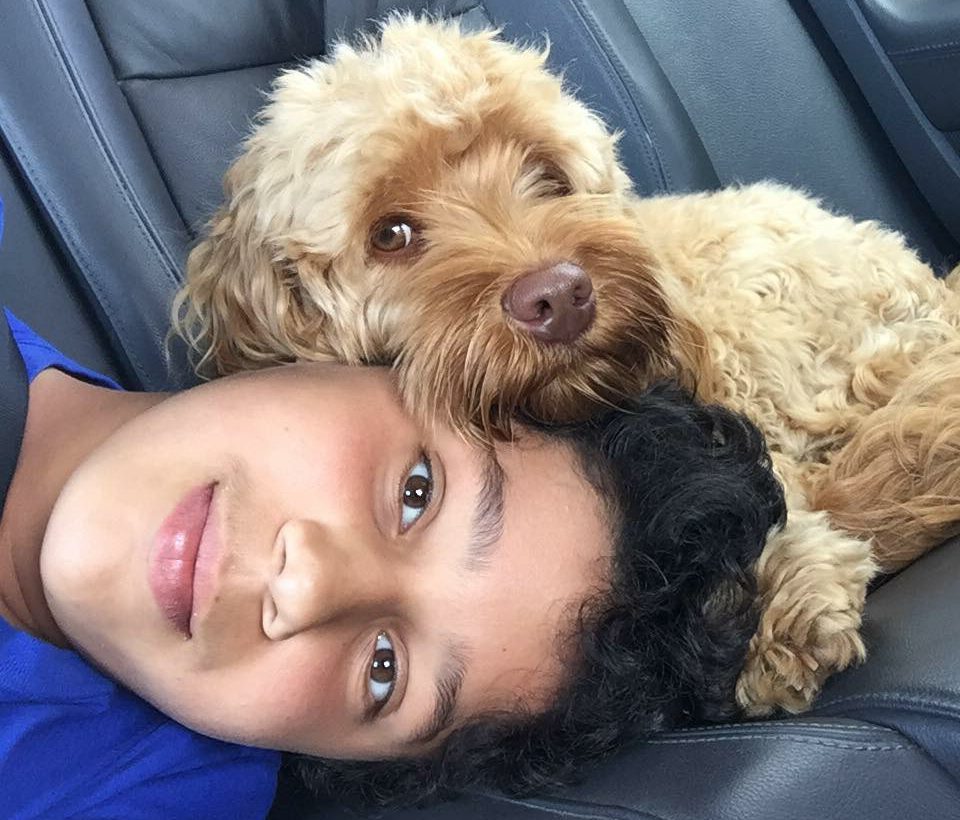
Tips From The Family
- Stay on top of your sleep, not just your physical activity. “Sleep problems are probably the number one health concern in the US,” Sean says, “It leads to obesity and heart problems that contribute to intense exhaustion. So if you care about health, or if you are worried about your heart or weight, you should have an Oura Ring. Corporations and insurance companies should give them to their employees and clients.”
- Remember to stay in touch with yourself, especially during these times. “From my perspective,” Sudha adds, “especially while working, there are a lot of meetings and calls back-to-back. It’s a great way to stay in touch with the fact that we need to get up, read, move our bodies, etc. So, for me, Oura is one of the best ways to stay more connected to my body and my body’s needs.
- Even if you think you don’t need much sleep, you need sleep. “And for me,” Henry concludes, “as a college student, it really emphasized the importance of sleep, which I hadn’t really thought about. Sometimes I’m really stressed out or exercise a lot. If I get solid sleep, it’s always seemed to make everything better for me.”
What’s Your Oura Story?
Everyone’s story is unique. Share yours with the Oura Community, or just give the Oura Team an update of where you are in your health journey!







